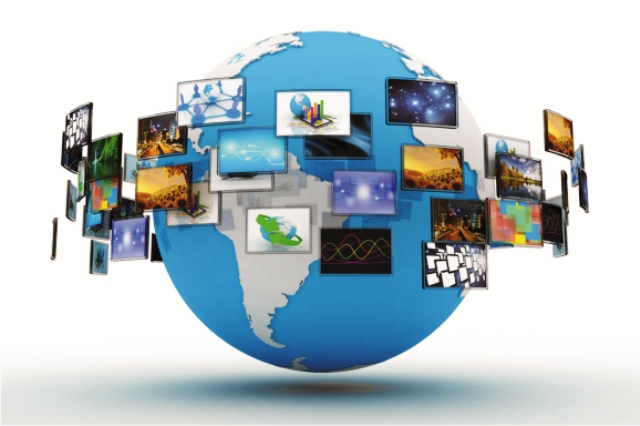
The Role of Tech in Solving Global Challenges
In an era marked by unprecedented global challenges, technology emerges as a powerful catalyst for positive change. From addressing climate change to enhancing healthcare accessibility, technology plays a pivotal role in devising innovative solutions to the complex problems that affect societies worldwide. This exploration delves into the multifaceted ways in which technology is contributing to solving global challenges and fostering a more sustainable and equitable future.
1. Climate Change Mitigation:
a. Renewable Energy Solutions:
– Advanced technologies, such as solar and wind power, are instrumental in transitioning towards sustainable and renewable energy sources, reducing reliance on fossil fuels.
b. Climate Modeling and Prediction:
– High-performance computing and sophisticated modeling techniques enable accurate climate predictions, aiding in proactive measures against extreme weather events.
c. Precision Agriculture:
– Agricultural technologies, including IoT devices and AI, contribute to precision farming, optimizing resource use and reducing the environmental impact of agriculture.
2. Global Healthcare Access:
a. Telemedicine and Remote Healthcare:
– Telehealth platforms leverage technology to provide remote medical consultations, improving access to healthcare services, especially in underserved areas.
b. Health Informatics and Data Analytics:
– Data-driven insights enable healthcare professionals to identify trends, allocate resources efficiently, and develop targeted strategies for disease prevention and management.
c. Biotechnology and Vaccine Development:
– Advancements in biotechnology accelerate the development of vaccines and treatments, responding to global health crises such as pandemics.
3. Education for All:
a. Online Learning Platforms:
– Technology-enabled education platforms extend learning opportunities to individuals worldwide, overcoming geographical barriers and enhancing access to quality education.
b. AI-Powered Personalized Learning:
– AI algorithms tailor educational content to individual learning styles, addressing diverse needs and promoting inclusive learning environments.
c. Digital Literacy Initiatives:
– Tech-based programs focus on improving digital literacy, empowering individuals to harness the benefits of technology for personal and professional development.
4. Humanitarian Aid and Crisis Response:
a. Satellite Imaging and Mapping:
– Satellite technology aids in mapping affected areas during disasters, facilitating timely and targeted humanitarian responses.
b. Blockchain for Transparent Aid Distribution:
– Blockchain ensures transparent and accountable distribution of aid, reducing fraud and ensuring resources reach those in need.
c. Communication Technologies:
– Reliable communication tools enhance coordination and response efforts during crises, enabling swift and efficient humanitarian aid delivery.
5. Economic Empowerment:
a. Fintech for Financial Inclusion:
– Financial technologies extend banking services to unbanked populations, fostering economic inclusion and empowerment.
b. E-commerce and Entrepreneurship:
– Digital platforms provide opportunities for small businesses and entrepreneurs to thrive in the global market, promoting economic growth.
c. Smart Infrastructure for Sustainable Development:
– Technology-driven smart infrastructure projects contribute to sustainable urban development, addressing challenges related to transportation, energy, and resource efficiency.
6. Social Justice and Equality:
a. AI for Bias Reduction:
– Ethical AI frameworks and tools are developed to reduce biases in decision-making processes, promoting fairness and equality.
b. Blockchain for Transparent Governance:
– Blockchain ensures transparency and accountability in governance, reducing corruption and promoting trust in institutions.
c. Digital Activism and Awareness:
– Social media and digital platforms empower individuals and communities to raise awareness about social justice issues, fostering global solidarity.
Conclusion:
As technology continues to evolve, its transformative potential in addressing global challenges becomes increasingly evident. From climate change and healthcare to education and social justice, the role of technology extends beyond mere innovation; it represents a beacon of hope for a better, more equitable world. The collaborative efforts of governments, organizations, and individuals leveraging technology pave the way for impactful solutions that have the potential to reshape the future.
In embracing the possibilities that technology affords, we embark on a collective journey towards building a sustainable, inclusive, and resilient global society.
